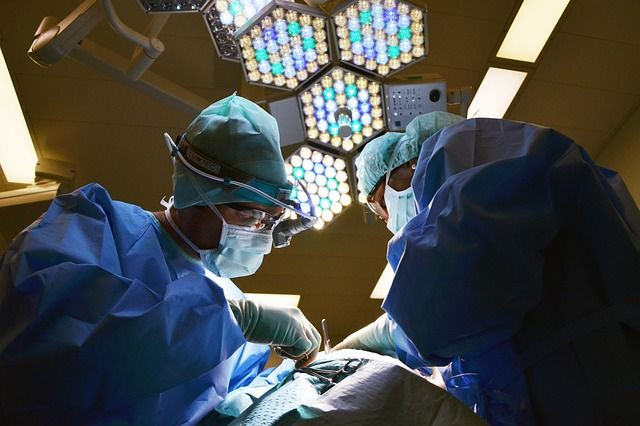Growing Kidneys In The Lab May End Transplant Waitlist

Kidneys are the most commonly transplanted — and needed — organ. Although they are one of the few organs you can receive from a live donor, people still die after long waits for a viable kidney. However, in a new study, researchers from the Salk Institute in California figured out a way to grow unlimited kidney cells in a lab — a finding that could someday address the lack of kidney donors, and also allow us to more accurately study kidney diseases.
The Salk researchers successfully created nephron progenitor cells, a type of human kidney precursor cell that can differentiate into kidney tissue. Usually these cells only exist in humans during a brief stage in embryonic development, and attempts to create this cell in a laboratory have failed as the cell either died or gradually lost its usefulness by advancing past the precursor state. Having a steady supply of these cells could help scientists someday grow functional organs in a lab.
"We provide a proof-of-principle for how to make and maintain unlimited numbers of precursor kidney cells," Juan Carlos Izpisua Belmonte, professor in Salk's Gene Expression Laboratory and study co-author, said in a recent statement.
Past attempts to create early kidney cells involved using stem cell technology. However, the Salk team’s method involves using a combination of a 3D culture and a mixture of signalling molecules. This resulted in the cells staying in their early state for much longer than they had when created using induced pluripotent stem cells (iPSCs).
While the science may be hard to digest for the layman, the results are clear. The creation of these cells could mean great things for medical research.
"Having a supply of these cells could be a starting point to grow functional organs in the laboratory as well as a way to begin applying cell therapy to kidneys with malfunctioning genes," explained Izpisua Belmonte.
The kidneys are tiny organs located at the base of the spine that help to filter our blood. While waiting for a kidney transplant, many patients need to undergo daily dialysis treatments to clean toxins out of blood, a long and draining, yet necessary, process. Still, according to the National Kidney Foundation, about 13 people die a day waiting for a kidney transplant, and a new person is added to the kidney transplant list every 14 minutes. The ability to grow kidney tissue, or even the entire organ, in a lab could save countless lives.
Source:Li Z, Araoka T, Wu J, et al. 3D Culture Supports Long-Term Expansion of Mouse and Human Nephrogenic Progenitors. Cell Stem Cell. 2016
Read More:
Black Patients Getting More Kidney Transplants Thanks To Deceased Donors, Partial Matches, And A New Matching System: Read Here
Kidney Transplants Between Unmatched Pairs May Soon Be Possible By Desensitizing Immune System: Read Here
Published by Medicaldaily.com



























